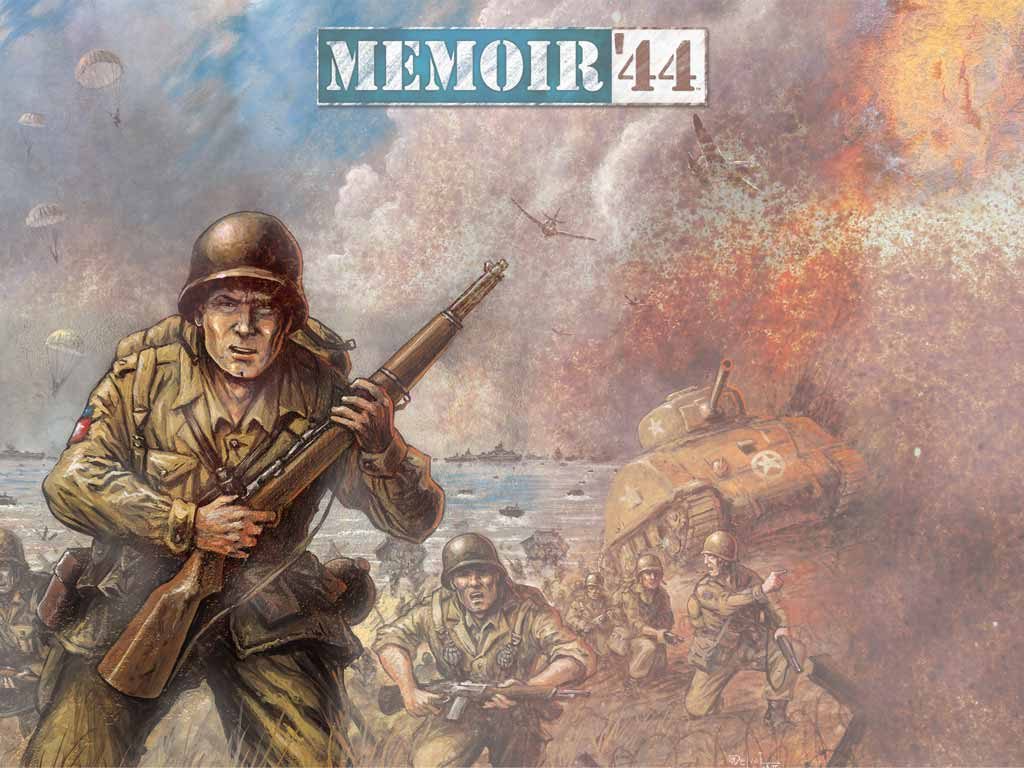
Comparing ‘Memoir ’44’ and ‘Risk’
By Benjamin Howard, Columnist
Ever played Risk? It’s one of the most popular board games out there, perhaps second only to Monopoly. It’s easy to understand its popularity: who doesn’t like a simple game of world domination?
My first play-through of Risk was incredibly fun, but it gets old pretty fast. After multiple play-throughs, I was disappointed to find it terribly flawed. There’s only one viable strategy in Risk: secure a continent, stack troops, and wait until you have enough troops to conquer with. By the end of the first play-through this is no secret, and everyone will be employing this strategy. As if that didn’t make things boring enough, the game is often a foregone conclusion, yet simultaneously down to luck.
Let me explain: the first continent a player takes will decide that player’s fate for the rest of the game, because some continents are much better than others to start with. Asia is flat-out impossible to secure until the end of the game, so don’t even bother. South America has the smallest bonus and is sandwiched between North America and Africa, meaning that once those continents are inevitably secured by others, the South American has no options. Players starting in Africa or Australia could win, but only through genius diplomacy and dumb luck. Europe is viable, but North America is clearly the better choice. It has the best bonus, and it only has three points that need defending (two if you’re smart), yet it’s not trapped like South America. Whoever is lucky enough to start with more troops in North America is likely to take it, and once it’s taken, it’s almost guaranteed that the North American will win. It can take six hours to finish—and I’m not exaggerating, that’s the average—yet the outcome can be predicted within the first 20 minutes.
If, like me, you loved your first game of Risk but loathed the 10th, then you’ll enjoy Memoir ’44. Like Risk, it has toy soldiers, military strategy, and dice-rolling. But it only takes an hour to play and only requires two players. The gameplay is fast and aggressive. There are many viable strategies, and, unlike Risk, biding your time is not one of them. Luck is present, but never insurmountable. It’s very re-playable.
The map is not defined and final like in Risk. Memoir ’44’s game board is modular, meaning that there are many objects and terrain hexes to be placed, each of which significantly changes the nature of the game for each play-through. There are 16 scenarios provided, all based on real battles from the Second World War, but new scenarios can be created even by the players themselves. Attacking with infantry is already more interesting than in Risk, but on top of that, there are tanks and artillery to play with, each with their own unique mechanics.
There’s a lot to this game, but playing it is pretty intuitive. Teaching someone the basics of Memoir ’44 won’t take much longer than explaining Risk would. It has a quality that all games should strive for: easy to learn, but hard to master.
If you find fun in the simple act of placing soldiers on a battlefield, this is the game for you. An irresistible medley of strategy, competition, and history: it’s Memoir ’44.


